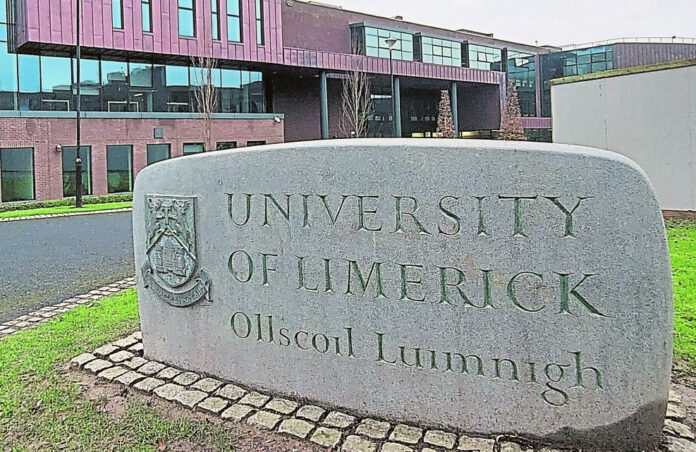
THE UNIVERSITY of Limerick (UL) has received a considerable boost this week with the news that the Government has given the institution the green light for the development of a new veterinary school.
UL had previously put forward a proposal for a new veterinary college which would deliver 90 undergraduate student places.
The proposed veterinary course at UL would be a five-year programme, which will see a total of 450 students inducted across all years at full roll out.
The news comes following a lengthy campaign to establish more veterinary school places in Ireland, and particularly the Mid West, to meet growing demand.
Reacting to the news, Limerick Minister of State for Local Government and Planning, Kieran O’Donnell, said that the new vet school at UL would be a welcome development.
“This a great news day for UL, Limerick, and the entire region. I wish to thank Government and in particular Minister Simon Harris for progressing the new 90 student places for UL to this next key stage,” he said.
“This is major progress. Only one university, UCD, has provided veterinary education in Ireland before. Today, we take a step forward in bringing a new veterinary college to our region.”
Another Limerick Minister of State, Niall Collins TD, also welcomed the news, saying that having to travel outside of Ireland to study, because of a shortage of course spaces, shouldn’t have to be an option for students.
“The option of having to study veterinary in Dublin or Poland just simply isn’t sustainable for students and their families. We have to provide other viable options, and increase the supply of qualified vets, in particular for large animal practices,” Minister Collins stated.
“For a long time, farmers and veterinary practitioners across Limerick and the Mid West have been warning of the cliff edge being faced with the drop off and scarcity of working vets. The early deliver of this new school is a priority.”
UL has also been successful in its application for more nursing and graduate entry medical places, with 31 new nursing places to come, along with a further 30 graduate entry medical places, which will rise to 124 and 120 places across all years at full roll out.


